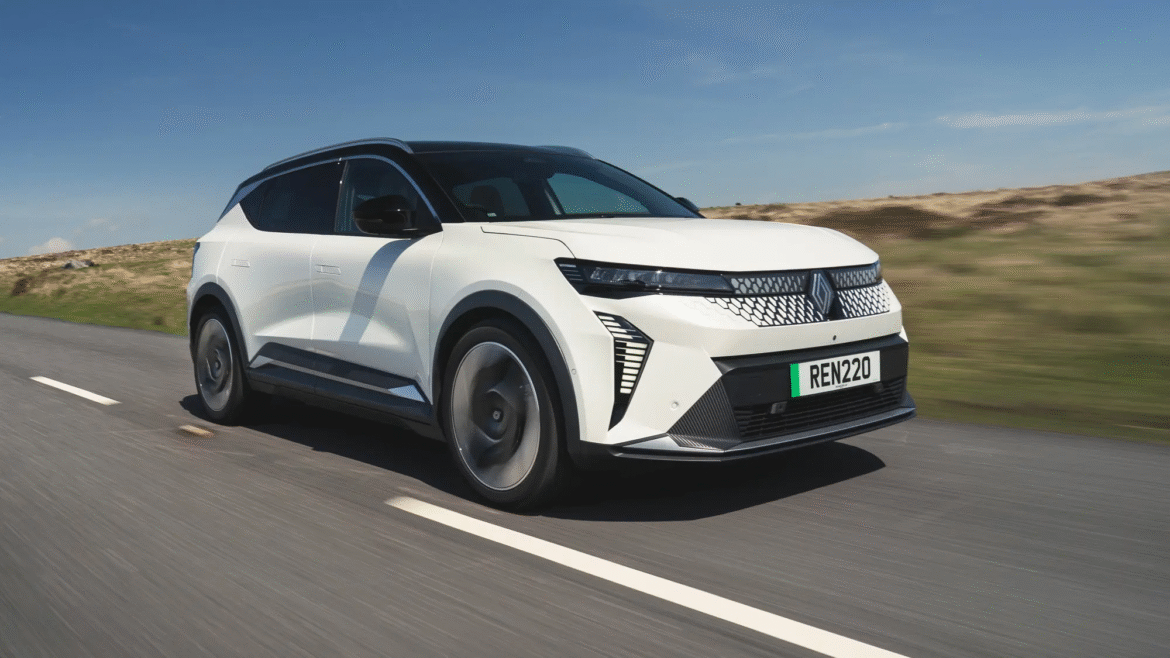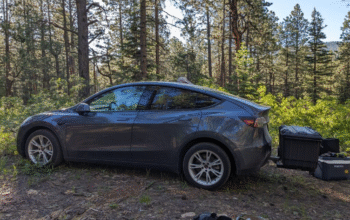We’re living in an electric vehicle world. With global car makers racing to end cmbustion, government incentives for buying EVs, and gas prices climbing and dropping all over the place, buying a traditional budget car might seem like the wrong decision. After all, electric vehicles (EVs) come with clean energy, lower ongoing costs, and cool technology. So, what should we make of the basic gas-powered budget car?
In 2025, many car buyers are left to wnder: should I continue to buy a budget car with an engine or should I consider electric? The answer is more complicated than one you should or should not buy. In fact, even with all the excitement around EVs, there are many good reasons why buying a budget car—especially a used model or entry lvel model—is still a relevant decision, and arguably the smarter choice depending on a buyer’s needs.
Let’s look at the realities of a budget car today in the age (decline?) of the EV and why it may still make complete sense for the millions of drivers around the world.
The Upfront Cost Advantage
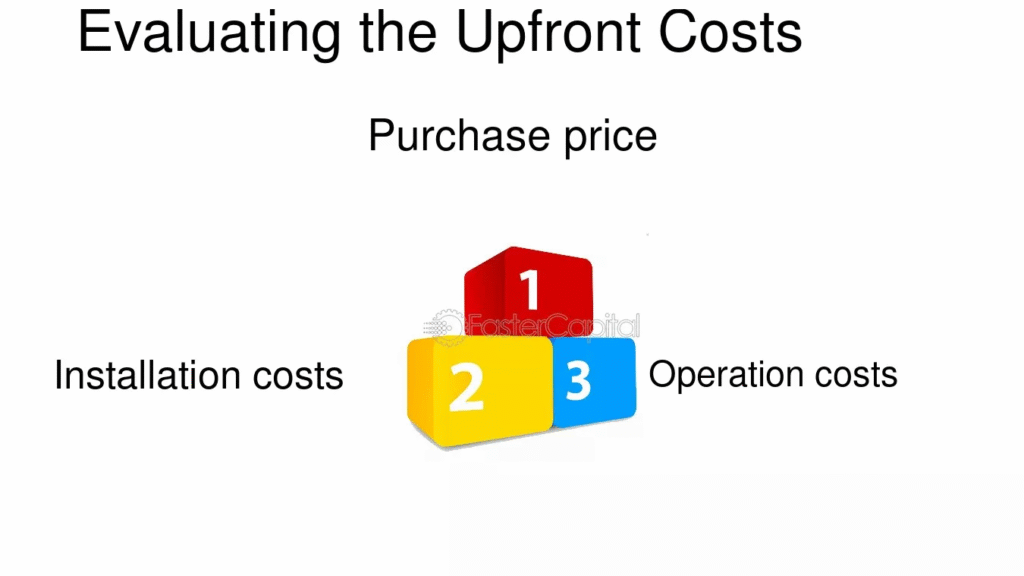
Despite price decreases and government subidies, EVs tend to remain pricier upfront compared to most budget cars; for example, the Wuling Mini EV or BYD Seagull may be bringing down global price expectations for compact EVs, yet affordable electric vehicles are either not available or the infrastructure does not provide enough support in most regions.
Conversely, you can walk into a dealership or search the used market to find, and dependable gasoline-powered vehicles are available for under $10,000 with dozens of options on any given day. This low entry point is still a big advantage for students, low-income-earning families, or simply for anyone wanting to avoid long term debt.
If you purchase a used vehicle under $10,000 for example, whether you pay $5,000 for that vehicle or $10,000, you are not subject to loan payments, interest, and often lower insurance payments. What other way can you attain that financial freedom, that cold be difficult to match even with the cheapest EV.
Charging Infrastructure Still Isn’t Everywhere
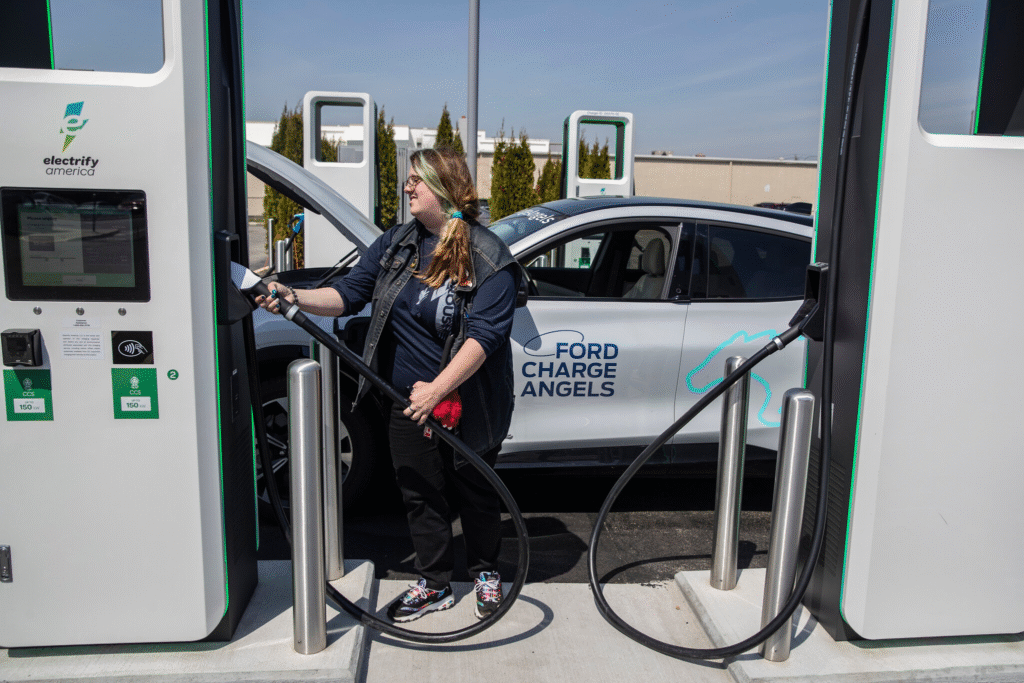
Charging is one of the biggest hurdles to widespread adoption of electric vehicles. In many cities and urban centers across the country, charging stations are showing up on every block. But in rural, smaller town, or developing economies, the charging infrastructure is sporadic at best.
For people who live in apartments or rented accommodations, and do not have access to private charging options, it becomes much less convenient to own and electric vehicle. The charging options at public charging stations take time and the costs varies greatly between location and hours of operation.
While driving a budget vehicle requires less thought process as they can just fuel up and be on their way in minutes, using any fuel station in close proximity to where they stop is advantageous for many, especially for people who commit their vehicle to first and last mile logistics, long distance travel, or work capacity.
Fuel Prices vs. Electricity Rates

Many people make the argument for EVs is due to the comparative cheaper cost of electricity to fuel. And while that is generally true, it is not always a slam dunk.
In some countries or areas, the cost of electricity is rapidly rising. Depending on where you charge and when you charge, the cost of driving an EV may not be substantially less than driving an efficient gasoline car. A money-saving car that still achieves around 35~50 MPG like a Toyota Yaris, Honda Fit, or Suzuki Alto can still be very cheap to operate, even given rising fuel costs.
Plus, older money-saving cars don’t have those complicated software systems or a large screen that drains power first on charge. They’re simple, light, and efficient- and that still means something in day to day driving.
Maintenance and Repair Realities

Electric vehicles are known for their low maintenance, as they have no oil changes, less moving parts, and regenerative braking that minimizes wear. EVs seem to have less hassle, but they add their own set of complications.
The first is cost of battery replacement. If the EV battery fails out of warranty, thousands of dollars will need to be spent replacing it. In addition, many small independent repair industries are not set up for working on electric drivetrains; or if they are, they may not be trained to work on high voltage systems of driving up the cost of repairs.
The other aspect is budget cars, particularly because they have been around for a quite a while (10+ years), are cheap and the supply of parts is effortless to find, plus many mechanics are intrinsically familiar with them. Maintaining a car themselves or paying a cheaper repair is an undeniable advantage of a gasoline-powered budget car and simplicity when it comes to repairs.
Tech Isn’t Everything

EVs usually are marketed on the backs of modern tech: digital dashboards; over the air software updates; smartphone connectivity; advanced driver assistance systems; and more. Not every car buyer seeks—or wants—all that.
For many, a vehicle is just a tool that gets you from point A to point B. This includes getting to work, running errands, or driving kids to school. Budget vehicles get you there without the distractions of complicated software and poor infotainment systems. In fact, some drivers prefer older analogue vehicles with old-fashioned dials and switches that are simply more intuitive.
As we move closer to an increasingly tech-heavy society, budget vehicles epitomise a simplicity that is refreshing for drivers who simply want to drive—but without the complications and distractions from modern car technologies.
Depreciation Works in Your Favor

An additional advantage to budget cars that many do not consider is depreciation or, more accurately, lack of depreciation. Regarding EVs—especially now with a newer model every year—there is still a lot of depreciation in the EV market, especially the newest models. As battery technology improves, the acceleration of depreciation will only worsen. If someone buys a new EV today, they may see it depreciate at an accelerated pace over the next few years.
In comparison, a $5,000 or below budget car that is in decent condition has likely already completed most of its depreciation. In some instances, you can purchase a car, drive it for 2 or 3 years, and sell it for almost exactly what you paid for it—again, assuming you take care of it.
For the drivers that are looking to retain some value in their investment or mitigate losses for their upcoming purchases, the budget car option is still a very good option.
Global Realities: Not Everyone Is Ready for EVs
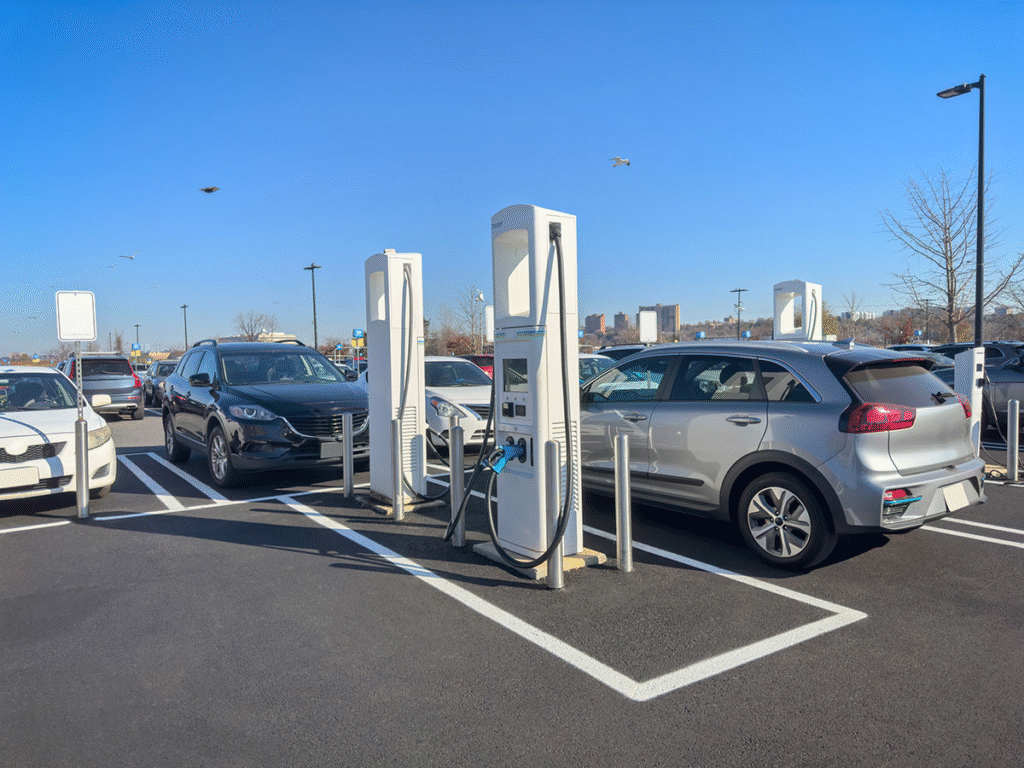
We frequently overlook the fact that EV adoption remains very uneven globally. In many of the developing countries around the world, electric vehicles remain rare, and budget cars are still the bread and butter of personal and commercial transportation.
Gasoline-powered cars are easier to maintain, cheaper to fuel in some areas, and far more available and acceptable to the average user. Until charging networks and clean energy infrastructure become ubiquitous, budget cars will remain a pillar of global mobility.
Even in markets where EVs are gaining traction and popularity, budget cars still make sense for rural drivers, for those that need a second vehicle on hand and for those that want a vehicle for occasional use.
Some Budget Cars Are Becoming EVs Themselves

The line between EVs and budget cars is starting to converge. The majority of car brands have now begun to develop entry-level electric cars that will cost little if not nothing at all to run by 2025. We are starting to see budget models like the Renault Kwid EV, Dacia Spring, or Tata Tiago EV that combine potentially completely electric allowances with affordable pricing.
This is an optimistic trend, however, we are still very early in the process. Cheap electric vehicles will not be widely available in the mass market across the world for a while yet, therefore traditional budget cars will retain their position as an essential and practical option.
The Bottom Line: It Depends on Your Situation

So, should you still buy a budget car in the age of EVs? The answer completely depends on your needs, finances, and lifestyle.
And if you are someone is you have access to charging, drive short distances, and can stomach the up-front cost, then an EV could very well the ideal solution for you. But there are many situations where, if you were working with a budget, needed immediate transportation and mechanical simplicity and flexibility, then a gas-powered budget car is still a perfectly sensible and responsible decision.
In many ways, to own a reliable budget car in 2025 is not resisting the future, it’s just making the right choice for today.
Conclusion
For all the excitement surrounding electric vehicles, conventional budget vehicles still provide an unmatched combination of affordability, reliability, and convenience. Not everyone needs access to an EV just yet, and for those who don’t, a good old fashion budget vehicle still offers good value.
As the world transitions to cleaner energy, we just have to be patient. In the interim, budget vehicles will still remain relevant in the automotive anatomy—and still uplift millions of lives, one affordable mile at a time.

